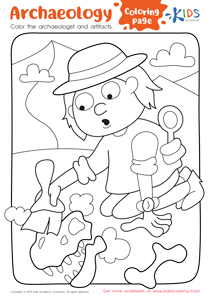Normal Rhyming worksheets activities for Ages 4-5
1 filtered results
-
From - To


Rhyming Words: Assessment Worksheet
Normal Rhyming worksheets activities play a pivotal role in early childhood education, serving as a foundational block for developing literacy skills. These activities are not only engaging but also incredibly beneficial for young learners. Here are some compelling reasons why incorporating Normal Rhyming worksheets activities into educational settings is useful.
Firstly, Normal Rhyming worksheets activities enhance phonological awareness. Phonological awareness is the ability to recognize and manipulate sounds in spoken language, which is critical for learning to read. Through rhyming exercises, children become more attuned to the sounds within words, helping them to differentiate and manipulate these sounds - a skill that significantly aids in the decoding process involved in reading.
Secondly, these activities bolster vocabulary development. As children engage with rhymes, they are exposed to a plethora of words, many of which they might not encounter in everyday language. This exposure helps to expand their vocabulary, making it easier for them to express themselves both verbally and in writing.
Additionally, Normal Rhyming worksheets activities improve memory and cognitive skills. Rhymes, by their very nature, are repetitive. This repetition makes it easier for children to remember the words, enhancing their memory skills. Moreover, solving rhyming puzzles or finding matching rhyming pairs requires critical thinking and problem-solving skills, thereby fostering cognitive development.
Furthermore, these activities promote social and emotional development. Rhyming exercises often involve songs, stories, or group activities that require interaction. This interaction can help children develop their social skills, learn to work in groups, and even build confidence in their abilities.
Lastly, Normal Rhyming worksheets activities make learning fun and engaging. The playful aspect of rhyming captures children’s attention and holds their interest, making it a more enjoyable experience. When children find joy in learning, they are more likely to participate actively and retain the information they learn.
In conclusion, Normal Rhyming worksheets activities are an invaluable tool in early education, offering a multitude of benefits that extend beyond simple literacy skills. They are instrumental in developing phonological awareness, expanding vocabulary, enhancing cognitive and memory skills, and fostering social and emotional growth, all while making learning an enjoyable experience for young learners.
 Assign to the classroom
Assign to the classroom





.jpg)






